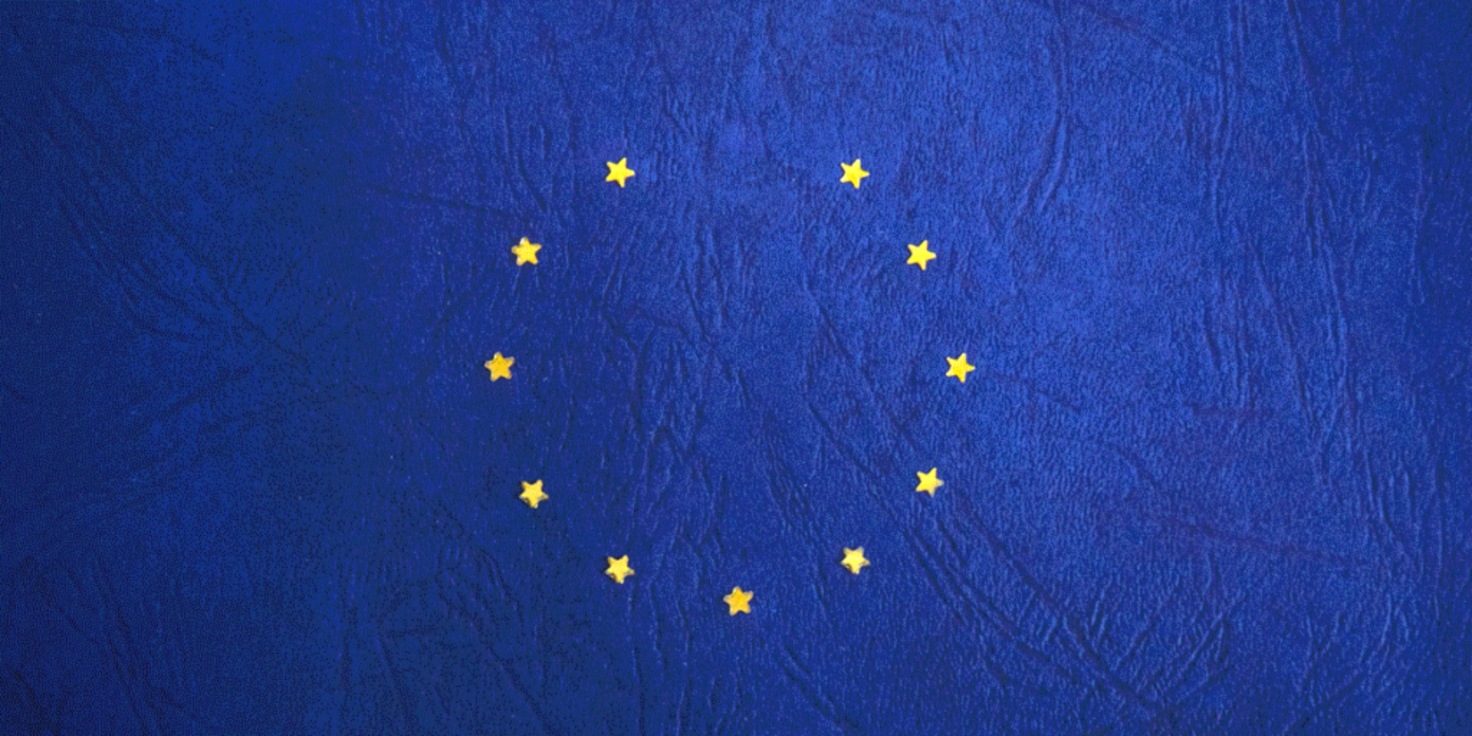The Force is what gives a Jedi his power. It's an energy field created by all living things. It surrounds us and penetrates us. It binds the galaxy together.
Many people in the galaxy would love to wield their own Lightsaber or control their own Starkiller Base, but some Star Wars technologies are closer to reality than others. With the rapid adoption of IoT (Internet of Things), we’re closer than ever to being able to “use the Force” to control just about anything.
Nissan made waves recently by releasing videos of their latest internet-connected objects, rolling office chairs that ‘push themselves in’ with a clap. They were meant to demonstrate the way driverless cars will someday park themselves, but the internet found this gif to be just a bit frightening:
While these self-driving chairs are impressive, the technology inside them is just the tip of the iceberg when it comes to IoT. Companies in every industry are scrambling to connect ordinary objects to a smart grid of data sharing and uploading devices.
The most well-known example of the Internet of Things is the proverbial ‘smart home.’ A smart home is a web-connected domicile where your vacuum can communicate with your air filtration system to lower dust levels and your toaster becomes intimately acquainted with your refrigerator to find out what’s for breakfast. The need for consumer convenience and the rise of cloud technology will soon culminate in a system of interconnected objects and appliances that work round the clock to make cleaning, cooking, and other household chores a thing of the past.
Essentially, your home will use “the Force” to make sure that you wake up on time, that your breakfast and coffee are just the way you like them, and that your car is turned on and warmed up by the time you walk out the door.
But the home isn’t the only place IoT will have an impact; businesses of all kinds will begin to connect various objects with sensor arrays, servers, and many other technologies to create a grid of interconnected devices sharing enough data to bludgeon a Rancor.
Driverless cars, weather sensors, smart buildings, smart cities, etc. will all eventually converge into one intelligent global grid connecting anything and everything. The data will pool into a giant database containing information about everything from the current population on a particular stretch of Coruscant sidewalk, to humidity levels on Dagobah, to any useful data point imaginable.
With so much information being shared across devices and services, there are inevitable concerns about consumer privacy. What are the implications, legal and ethical, of companies being able to know everything?
As we approach an era of near omniscience for big tech companies and government agencies alike, consumer privacy will undoubtedly (continue to) be a growing issue. While we may be connected now via our smartphones and tablets, one can only imagine the way that privacy issues will play out when even our clothes and wearable gadgets are connected to the larger grid.
Will our location be used to trigger ads catered to us as we walk down the street? Will our shoes tell us to walk quickly to the nearest Starbucks? The convergence of wearables, IoT, and the cloud raises serious issues.
Whether or not IoT will infringe on our personal right to privacy (and whether or not we have a right to privacy in the first place) is up for debate. But what is certain is that IoT will revolutionize the way data is collected, the way our favorite devices work, and the way that we live with technology.
So while we may not yet be able to fly through the galaxy in hyperspace or insert bionic brain enhancements into our heads, someday soon we may have an amazing network of devices, appliances, and miscellaneous objects that binds everything together to make life in the galaxy just a bit easier.

Header via @gweno, Gifs via Giffy.


